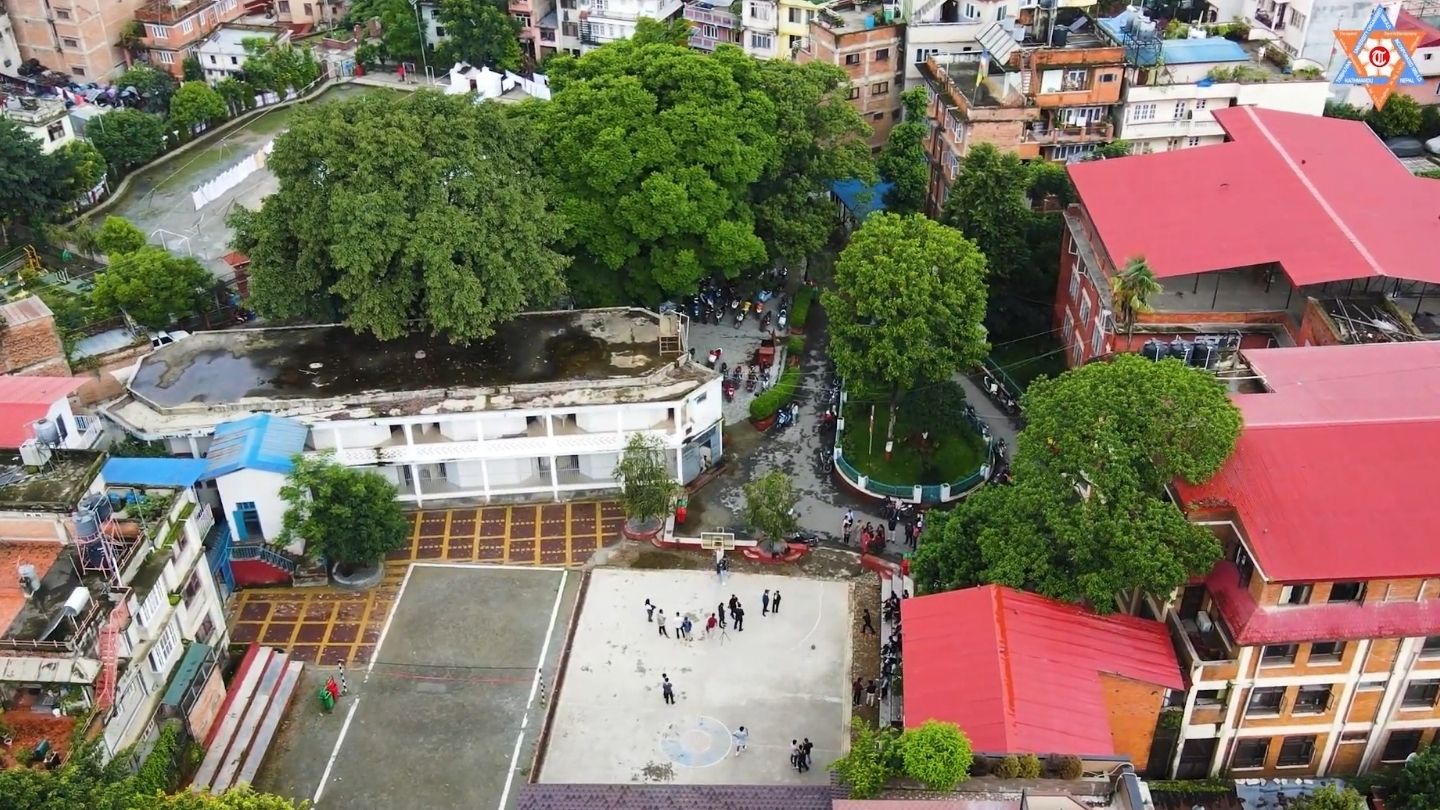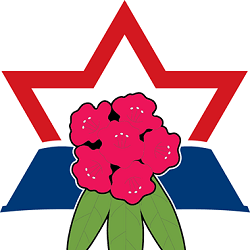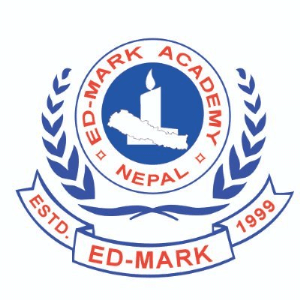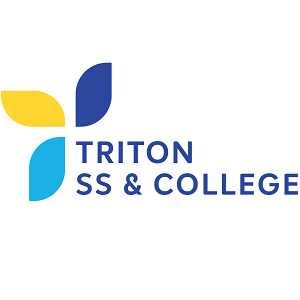Overview
MBS at Public Youth Campus, Dhobichaur, Kathmandu
Master of Business Studies (MBS) at Public Youth Campus (PYC), Tribhuvan University (TU), provides a graduate pathway for students who want structured study in accounting, finance, marketing, and management.
The program follows the Faculty of Management curriculum and academic rules. Students study four semesters across two academic years. Classwork, research assignments, and a project/internship help you connect theory with Nepali workplaces.

Highlights
-
Affiliation: Tribhuvan University, Faculty of Management; constituent public campus at Dhobichaur, Kathmandu.
-
Duration and System: Two years, four semesters; 60 credits under the TU framework.
-
Entry Test: CMAT-based intake for master’s management programs, followed by campus-level screening steps as announced.
-
Evaluation: Internal assessment during semesters and end-semester examinations as per Faculty of Management rules.
-
Graduate Evidence: Term papers, presentations, and a project/internship report with viva.
Curriculum Details
The MBS syllabus covers advanced functional areas, research tools, and policy context for Nepal’s economy. Credit distribution below reflects the TU structure followed at PYC.
-
Core Functional Courses (example set): Managerial Accounting, Financial Management, Marketing Management, Organizational Behavior, Human Resource Management, Operations and Supply Chain, Strategic Management.
-
Quantitative and Research Tools: Managerial Economics, Business Statistics for Decisions, Business Research Methods, Econometrics or Analytical Techniques as prescribed.
-
Legal and Policy Context: Business Law in Nepal, Corporate Governance topics, Nepalese Economy and Public Policy overview.
-
Electives/Specialization: Accounting and Auditing; Finance and Banking; Marketing; Entrepreneurship/Small Business; or other Faculty-approved baskets.
-
Project/Internship: Field-based project or supervised internship with written report and presentation.
Faculty share a semester plan at the start of each term. The plan lists topics, readings, internal assessment windows, and milestones for project selection.
Objectives
-
Subject Mastery: Build depth in accounting, finance, marketing, and strategy suited to Nepali organizations.
-
Research Habit: Strengthen problem formulation, data collection, and analysis using accepted methods.
-
Professional Communication: Improve report writing, policy notes, and board-style presentations.
-
Career Progression: Prepare students for supervisory and analytical roles or for further study at the MPhil/PhD level after meeting entry standards.
Scope
MBS graduates serve banks, microfinance units, insurance offices, trading and manufacturing firms, logistics, consulting support, and public or development projects. Many roles require careful documentation, data checks, budgeting inputs, and short policy memos. The Dhobichaur location supports meetings and interviews with employers across central Kathmandu.
Learning Outcomes
Students who complete MBS at PYC should be able to:
-
Interpret financial statements, cash flows, and key ratios for managerial decisions.
-
Prepare and defend investment appraisals using time-value and risk basics.
-
Draft marketing plans grounded in research evidence and resource constraints.
-
Explain policy or legal provisions that affect corporate actions in Nepal.
-
Present findings to academic and practitioner audiences with clear slides and citations.
-
Produce a field-based project/internship report that follows TU format and ethics.
Skill Development Modules
-
Analytical Tools: Statistics for decisions, spreadsheet modeling, and introductory econometrics.
-
Financial Skills: Working-capital planning, capital budgeting, portfolio basics, tax and audit awareness for managers.
-
Marketing and Operations: Research-driven customer insights, channel choices, service quality mapping, and process improvement tasks.
-
People and Policy: Leadership cases, negotiation basics, labor and company law highlights that matter in daily work.
-
Research and Writing: Proposal drafting, instrument design, data cleaning, and APA/Faculty citation practice.
Teaching Methodology
PYC faculty use lectures, seminars, case discussions, presentations, workshops, and supervised project work. Students receive rubrics for internal tasks and guidance on ethical data handling. Pre-board checks help you gauge readiness for end-semester exams.
Small cohorts may run peer-review circles for proposals and drafts. This routine trains students to critique work respectfully and improve structure before submission.
Admission Requirements
-
Eligibility: Bachelor’s degree in management or any recognized discipline from TU or an equivalent university meeting Faculty of Management criteria.
-
Entrance and Screening: CMAT for master’s management programs; campus may conduct group discussion, individual presentation, and personal interview for shortlisted candidates.
-
Documents: Academic transcripts, character certificate, migration where applicable, photographs, and other items listed in the intake notice.
-
Seat Plans and Fees: Announced by the campus for each intake; follow official notices for updates and deadlines.
Career Opportunities
-
Banking and Finance: credit analysis support, branch operations supervision, treasury assistance, risk and compliance documentation.
-
Corporate Accounts and Audit Support: management reporting, cost analysis, internal control checks, audit schedules.
-
Sales and Marketing: product coordination, channel analysis, pricing support, research-backed campaign notes.
-
Operations and Supply: inventory and process tracking, vendor comparison, import/export documentation for trading houses.
-
Public and Development Sector: program budgeting, monitoring, and reporting for agencies and NGOs.
-
Teaching and Research: entry roles in colleges or research units after meeting additional requirements.
Scholarships and Financial Aid
Scholarship and fee-waiver notices follow TU and campus rules. Merit and need categories may apply each year. Students should confirm current quotas, required documents, and timelines at the campus office or official site during admission rounds.
Why Choose MBS?
-
TU Curriculum and Exams: Public, verifiable structure that employers and agencies understand.
-
Applied Learning: Project or internship component that anchors academic work in real settings.
-
Central Access: Dhobichaur location close to banks, regulators, travel houses, and corporate offices.
-
Library and Lab Support: Reading rooms and computing resources for analysis and report preparation.
-
Faculty Guidance: Semester plans, rubrics, and review sessions that keep students on schedule.
Conclusion
MBS at Public Youth Campus offers graduate-level training that connects subject depth with research and practice. Students who plan their semester work carefully, meet attendance thresholds, and document field tasks clearly build a portfolio that supports roles in finance, accounts, marketing, operations, and public service. Early topic selection and steady writing across the term reduce last-minute pressure and improve outcomes.
FAQ
Is MBS a two-year program?
Yes. Four semesters across two academic years.
Does MBS require CMAT?
Master’s management intakes use a CMAT-based process, followed by campus screening where announced.
Can non-management graduates apply?
Yes, if the bachelor’s degree meets Faculty of Management equivalence and prerequisites.
Does the program include a project or internship?
Yes. A field-based project or supervised internship with report and viva.
Where can I confirm current seats and fees?
PYC admission notices and the Faculty of Management announcements list yearly updates.






















